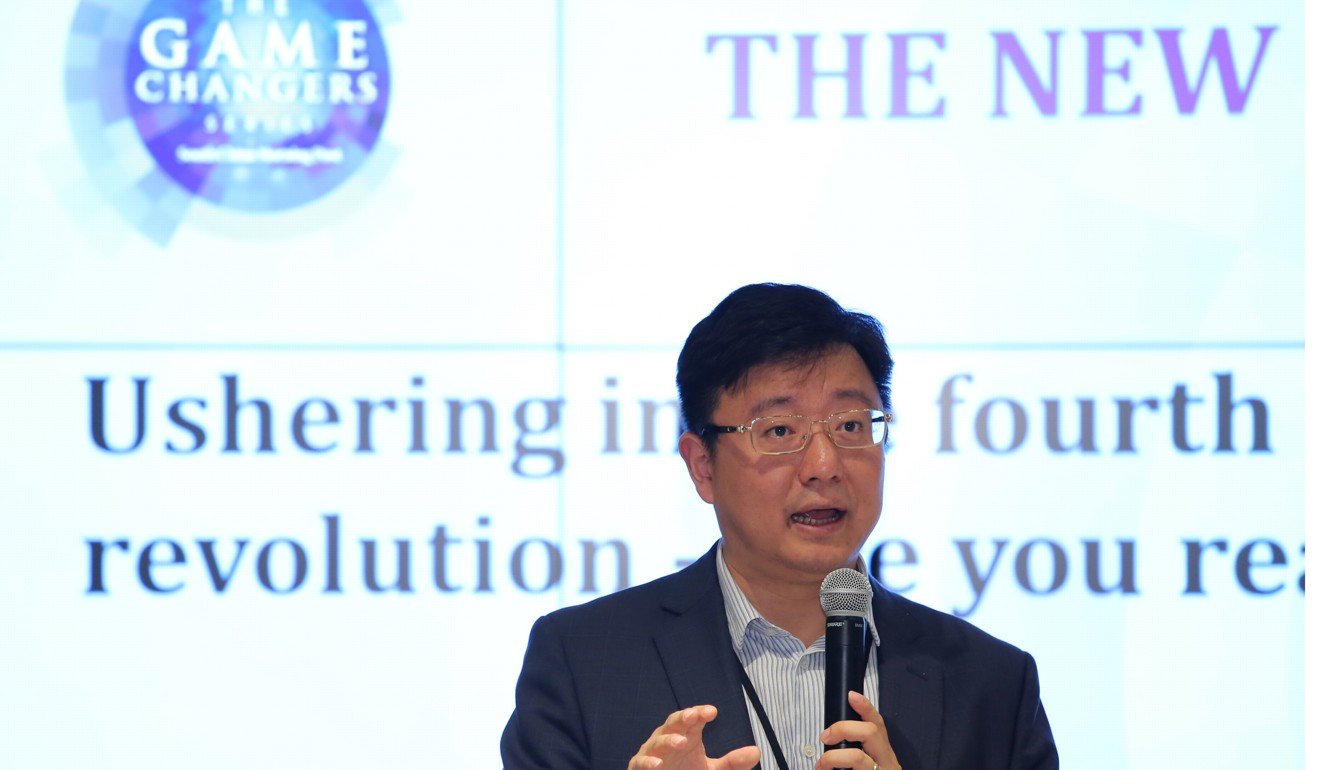
Retailers fine-tune collection of data to improve customer experience
Experts gather at ‘Game Changers’ conference in Hong Kong to discuss moves that will shape the next retail revolution
As consumer choice continues to expand both online and offline, retail businesses need to focus on using technology to personalise their customer experience if they really want to stand out from the crowd, according to industry experts.
Speaking at the South China Morning Post’s Game Changers conference in Hong Kong, dedicated to looking at the retail revolution, Will Ross, chief executive of Lazada Crossborder, said that it is imperative for digital e-commerce platforms to adopt data science to create “active interfaces” that help customers overcome any doubts they have become making a purchase.

“[Part of every sales process] is building a connection with the consumer that helps them overcome any insecurity they might have making their choice,” said Ross, adding that this process still needs to be done, even if it is a digital transaction without a physical salesperson to help aid the process.
He emphasised how important a role big data and data science are now playing in allowing companies such as Lazada to gain valuable insights into customer behaviour from data, and identify how and through which mediums consumers buy their items, to better personalise and target the experience for consumers.
Ling Chenkai, vice-president for JD.com’s corporate strategy and operational improvement, echoed Ross’s sentiments, stressing the importance of detailed knowledge of their consumers and products, to elevate their consumer experience.

He added that data collected from customers is also essential in optimising the supply-side of the retail business, such as inventory or logistics operations, to aid retailers in functioning more efficiently.
In five years’ time, 5G will enable your connected refrigerator to automatically do your online groceries shopping. These devices will also have access to more data to make buys at the best sites
Other technology, such as the upcoming 5G mobile network – expected to be commercially available by 2020 – can also be utilised to connect a myriad of devices and seamlessly automate customers’ retail experience.
“In five years’ time, 5G will enable your connected refrigerator to automatically do your online groceries shopping,” said Joseph Yuen, the chairman of the Hong Kong Federation of E-Commerce.
“These devices will also have access to more data to make buys at the best sites.”
But the rise of integrated retail, be it online-to-offline commerce or e-commerce, requires strong and secure infrastructure in areas such as online and mobile payments, to support the growth of the industry.
Paul Jung, Visa’s head of products and digital innovation for Northeast Asia, said that from the card payment giant’s standpoint, “we believe we have consumers’ trust and that’s why we work closely with ... Apple Pay, Android Pay and Samsung Pay [in Hong Kong].
“We’re very conscious and serious about transaction security.”
He explained each Visa card linked to a device for mobile payments is issued a digital token as an extra layer of security, which masks the actual credit card number and is tied to a specific mobile device to ensure that hackers are unable to steal credit card information from a user’s smartphone and use the information to make fraudulent e-commerce transactions.


